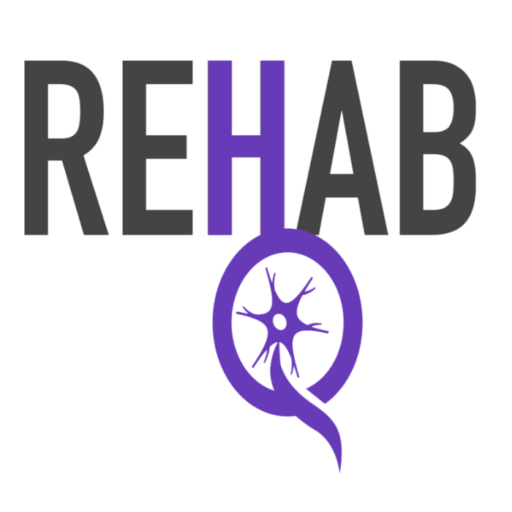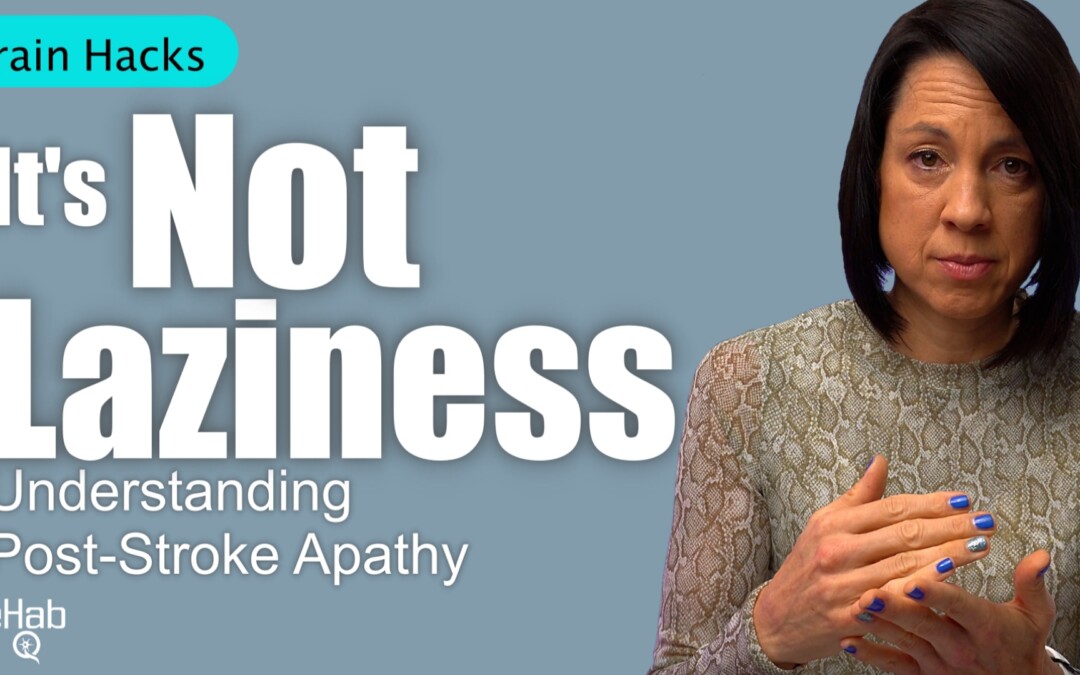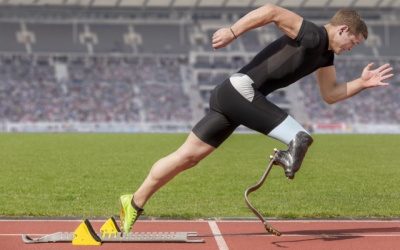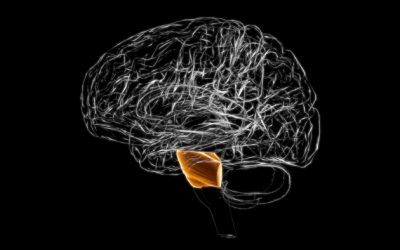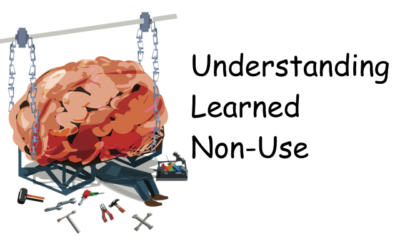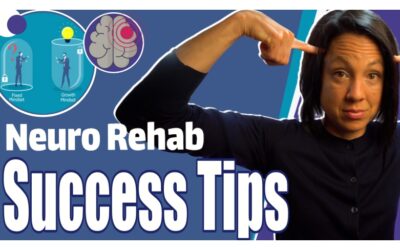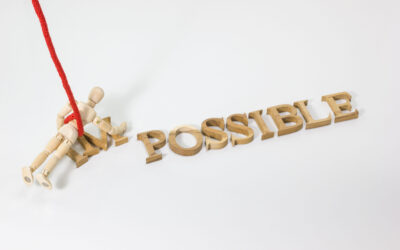What’s Really Going On When Motivation Disappears After Stroke
Recovering from a stroke is a journey that requires strength, patience, and persistence. But for many stroke survivors, the hardest part isn’t weakness, fatigue, or memory loss. It’s something less visible yet deeply impactful: apathy.
If you’ve noticed that you or your loved one has lost motivation, seems disconnected from recovery, or struggles to start activities even when they want to, it could be post-stroke apathy. This condition is far more common than most people realize, yet it often goes undiagnosed and untreated.
Recovering from a stroke is a journey that requires strength, patience, and persistence. But for many stroke survivors, the hardest part isn’t weakness, fatigue, or memory loss, it’s something less visible yet deeply impactful: apathy.
If you’ve noticed that you or your loved one has lost motivation, seems disconnected from recovery, or struggles to start activities even when they want to, it could be post-stroke apathy. This condition is far more common than most people realize, yet it often goes undiagnosed and untreated.
What Is Post-Stroke Apathy?
Post-stroke apathy is a neurological condition characterized by a lack of motivation or drive to act. It’s not the same as being lazy, unmotivated, or disinterested, it’s a symptom of changes in the brain caused by the stroke itself.
A person with apathy may understand what needs to be done and even want to participate, but they find it extremely difficult to initiate action. For caregivers and family members, this can be confusing and frustrating. It’s important to remember that this isn’t a choice or a personality change. It’s a direct result of brain injury.
What the Research Says
Research suggests that approximately one in three stroke survivors experiences some degree of apathy during recovery. While studies have shown mixed findings on whether apathy is more common after right or left hemisphere strokes, clinical experience points strongly toward those with right hemisphere involvement.
Unfortunately, individuals who experience apathy tend to have poorer long-term outcomes, not because they are less capable of recovery, but because apathy is rarely identified or addressed in therapy. When the drive to act is gone, rehabilitation participation naturally decreases, and without intervention, this can stall progress.
Why Post-Stroke Apathy Happens
Apathy develops when certain regions of the brain responsible for motivation, initiation, and emotional drive are affected by the stroke. These include the frontal lobe, basal ganglia & internal capsule, thalamus, and white matter pathways.
The frontal lobe is responsible for initiation and goal-directed behavior, while the basal ganglia and internal capsule help regulate dopamine. This is a neurotransmitter that fuels our “drive”. The thalamus acts as a relay center between thinking and emotion, and damage here can disrupt the connection between intention and emotional engagement.
White matter changes, often caused by small or repeated strokes, can gradually diminish the brain’s ability to initiate actions. These subtle changes are sometimes misdiagnosed as depression, especially when motivation decreases slowly over time.
The Challenge of Recognition
Apathy is frequently mistaken for depression, but the two are distinct conditions. Depression involves sadness, hopelessness, or emotional pain, whereas apathy is marked by emotional flatness and a lack of drive. A person with apathy may not feel sad. They simply struggle to begin or sustain activity.
One of the reasons post-stroke apathy is often overlooked is anosognosia, a condition where individuals are unaware of their own limitations. This can make it difficult for them to recognize that they need help or to understand the extent of their condition.
Because of this, caregivers play an essential role in noticing changes and communicating them to healthcare professionals. From there, the clinician’s task is to differentiate between depression and apathy to ensure the right interventions are provided.
Signs of Post-Stroke Apathy
You might notice:
- Needing constant reminders to start tasks
- Acting only when told
- Feeling emotionally “flat”
- Losing interest halfway through activities
- Saying “I know I should” but never starting
If these behaviors last more than a few weeks, it might be time to talk to your healthcare provider.
What Helps Rebuild Motivation
The good news? Apathy can improve with the right strategies. The brain can relearn how to initiate and engage, but it takes structure, consistency, and patience.
1. Use a Timer
Start small. Set a 20-minute timer for your therapy or task. Knowing there’s a clear start and end makes it less overwhelming and helps your brain “activate.”
2. Keep a Daily Checklist
Write down 3 simple tasks each morning, like “stretch for 5 minutes” or “walk to the mailbox.”
Checking things off gives your brain a dopamine boost and helps rebuild drive.
3. Keep Things Simple
Focus on one therapy activity per day and be consistent. After a month, you can gradually add another activity. Small, steady progress helps the brain re-engage without feeling overwhelmed.
4. Focus on the Basics
Sleep, nutrition, mindfulness, and gentle movement all improve attention and energy. Think of them as the foundation for rebuilding motivation.
5. Caregivers: Keep Prompts Simple
If you’re supporting someone with apathy, be patient. Give clear, calm prompts and avoid nagging, it’s not that they don’t care, their brain just needs more cues to act.
6. Emerging Approaches
-
Repetitive Transcranial Magnetic Stimulation (rTMS): Early research shows promise in enhancing motivation by targeting neural pathways.
-
Dopaminergic medications: Can be beneficial under medical supervision,. Stimulants such as amphetamines are generally not recommended after stroke.
Final Thoughts
Post-stroke apathy is not a sign of laziness. It’s a neurological condition that deserves understanding and proper care. Recognizing it early, involving caregivers, and working with professionals who understand its root causes can greatly improve recovery outcomes.
If you or a loved one is struggling with motivation after a stroke, know that it’s not about willpower, it’s about healing. The more we understand how the brain works, the better we can support its remarkable ability to recover.
So, if motivation feels hard right now, don’t wait for it to return, start anyway, even for one minute. Action itself can reawaken drive and help your brain heal.
And if you’d like help building a plan that actually works for your recovery, join us at Rehab HQ. We’ll help you create realistic routines, track your progress, and reconnect with your motivation step by step.
👉 Click here to explore our recovery plans or learn more about one-on-one coaching with Tara.
Articles you may be interested in
Beat the odds by starting
Everyone has the ability to be "the one" who beats the odds. And in fact, I see those people on a weekly basis. I will call these people the "outliers". Yes, defying the odds. Week after week. What is their secret? They start...... In a race, the sound of a gun...
Pontine Stroke: Everything you need to know
https://youtu.be/bynfAyJNM_8 A Pontine Stroke is commonly referred to as a pontine CVA or pontine cerebrovascular accident. It is an ischemic stroke that affects a region in the brain stem known as the pons. Not sure why this is important? The pons communicates...
The Courage To Continue….
A neurologic injury can have a dramatic impact on every aspect of life. Some lose the ability to speak, walk, hear, see, bath, groom, write, type, eat, and the list goes on. Yeah, a real “pickle”. So, the logical conclusion would be that someone in such a situation...
Understanding Learned Non-Use
https://youtu.be/iLo0j4aC44I Do you feel like you have plateaued? What I mean is, has your arm and leg movement recovery slowed to a crawl? Or maybe progress has stopped altogether? The common belief is that someone loses the ability to move because that part...
Success Tips In Neuro Rehab
I have good news and bad news. The good news is you have tons of potential for regaining more of your mobility back. The bad news is, some of you will never get there. The reality is, that some of you have gotten as far as you will ever get. And it has nothing to do...
Reframing Adversity
Is it possible to reframe adversity? And if so, what's the point? I mean, sucky situations.....well, suck. Am I right? What if I told you it didn't have to be that way? That there is a way to reframe your adversity into something more. Possibly even...
Finding your SUPERPOWER
Are you unknowingly giving away your power? I hate to admit it, but I can be guilty of this. I am quick to justify why I am not making progress toward a goal. Bad circumstances, lack of resources, not enough experience….oh, and my favorite…..genetics. My parents were...
Keep Going…..
"“I’m not going to get somewhere and say, ‘OK, I’m done.’ Success is never final; I’ll just keep on going. The same way as failure never being fatal. Just keep going. I’m going to the stars and then past them." - Connor McGregor "I'm going to the stars and then...
Miracles….”Fact” or “Fiction”?
"Miracles happen everyday. change your perception of what a miracle is and you will see them all around you." - Jon Bon Jovi Are "miracles" unjustly crucified? I know Jon Bon Jovi, might not be considered the "thought leader" of the 21st century. However, I think he...
How full is it??
"It's better to be an optimist who is sometimes wrong than a pessimist who is always right." -Unknown There is so much about the brain that we don't know. With that said, we know even less when it comes to an "injured brain". The good news is that we are learning...
